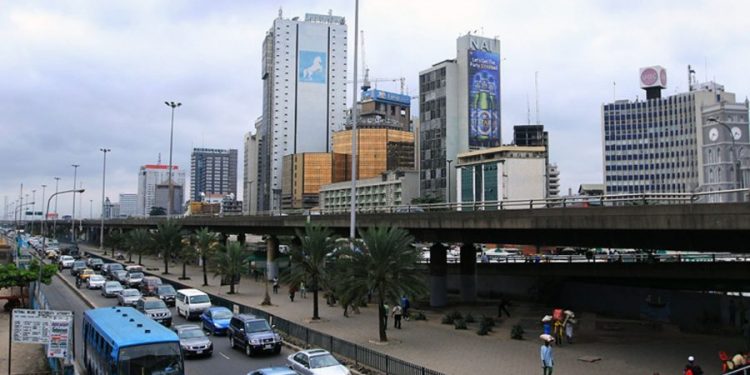In July 2023, the Nigerian private sector experienced a slowdown in its pace of growth due to steep price pressures, as reported by the Stanbic IBTC Bank’s Purchasing Managers’ Index (PMI). The PMI for July recorded a reading of 51.7, down from June’s 53.2, with the decline attributed to a significant increase in overall input prices.
The PMI is a key indicator in the survey, where readings above 50.0 indicate an improvement in business conditions compared to the previous month, while readings below 50.0 signify a deterioration. According to the report, the rise in overall input costs was unprecedented in over nine-and-a-half years of data collection, prompting a rapid increase in selling prices. Consequently, these escalating price pressures impacted demand, leading to a softening of growth in new orders and business activity as the second half of the year commenced.
Furthermore, the report revealed that business confidence reached a new low amidst these challenging conditions. However, there was a silver lining on the employment front, as the rate of job creation accelerated to its fastest pace since January. Nevertheless, the PMI reading of 51.7, lower than June’s 53.2, indicated only a modest strengthening of operating conditions, making it the least pronounced expansionary sequence in the current period.
The situation poses a significant challenge for businesses in Nigeria, as they grapple with rising costs and subdued growth prospects. As the private sector navigates through these trying times, the effects of the price pressures on overall economic stability and confidence remain a matter of concern.















